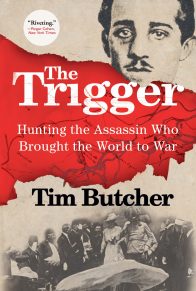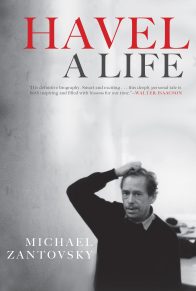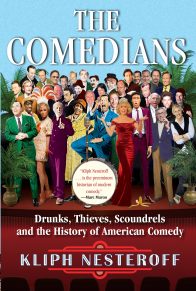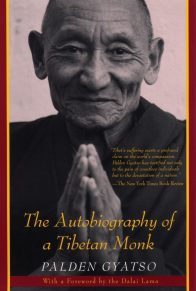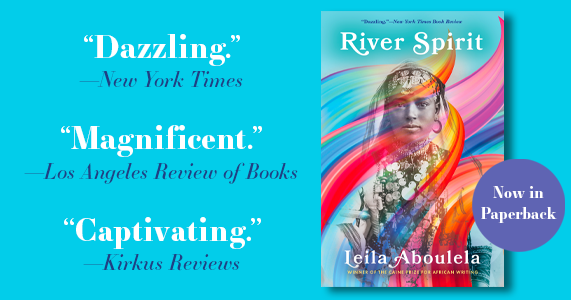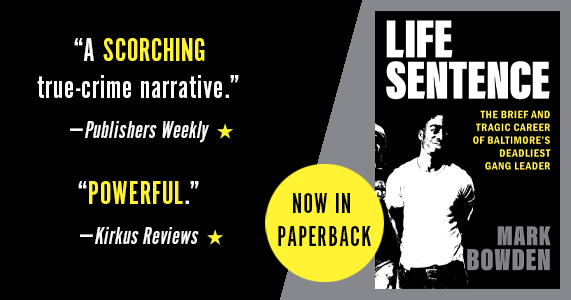Only those who have spent time in the mountains can imagine what they’re like. The mountains are as bad as it gets. Everything you need to live, you carry with you. You need food, so you discard all the things you can do without and stuff dry rations for five days into your knapsack. You need ammunition, so you load an ammo box of bullets and half a box of grenades into your pockets, backpack and cartridge pouches and hang them on your belt. They get in the way when you walk, rasping on your groin and hips, and their weight pulls on your neck. You chuck your AGS automatic grenade launcher over your right shoulder and the launcher of your wounded pal Andrei Volozhanin over your left shoulder. You string two belts of grenades in a cross over your chest, like the sailors in the old revolution movies, and if you have a spare hand you also grab a snail box of ammo belts.
Then there’s your tent, pegs, hatchet, saw, shovel and whatever else the platoon needs to survive.
And the things you need for yourself—your rifle, jacket, blanket, sleeping bag, mess tins, thirty packs of smokes, a change of underwear, spare puttees, and so on—about 150 pounds in total.
Then when you take your first step uphill you realize there’s no way you’ll make it to the top, even if they put a gun to your head. But then you take the second and third steps and start to clamber and scramble up, slide, fall, and start back up again, clinging tooth and nail to the bushes and branches. Stupefied, you sweat and sweat, thinking about nothing except the next step, just one more step . . .
The antitank platoon is scrambling alongside. They are even worse off: my grenade launcher weighs forty pounds, while their PTURs—guided antitank missiles—weigh ninety pounds. And Fat Andy whines: “Commander, how about we dump one rocket, how about it?” And the commander, an enlisted lieutenant who also has tears of exertion in his eyes, asks: “Come on, Andy, fat ass, what’s the sense in us being up there without rockets? Our infantry are dying up there . . .”
Yes, our infantry are dying up there—we crawl and croak our way up, but we keep going.
Later we relieve the guys from the Buinaksk mountain assault brigade who have been living there in a daubed clay shepherd’s hut.
After the luxurious apartments of Grozny, with their leather sofas and mirrored ceilings, this crummy barn seemed pitiful. Clay walls, a dirt floor and a small window that barely lets in any light. But this was their first real accommodation after months spent sleeping in rat holes and ditches. For seven months they trekked around the mountains, day in, day out, clearing the Chechens from the heights, sleeping where they dropped at night, too tired to get up, and when they awoke they’d go back up again. They became like Chechens themselves, bearded, unwashed, in soiled tank corps jackets, half crazed, full of hatred for everyone and everything. They looked at us with malice in their eyes—our arrival meant the end of their brief respite, that they had to leave their “palace” and head back into the mountains yet again. Ahead of them lay a nine-hour march and then the storming of some strategically important hill. They talked about it lightly—nine hours isn’t so long, usually the march lasts a whole day or even two. We realized that our torment had been a cakewalk compared with what they had to go through. We watched as they left and each one of us felt scared, because soon we would have to follow them. Our heights were already waiting for us.
2 / The River Argun
On 1 March they threw our platoon over to Shatoi. Our task was to hold the bridge across the River Argun. We had no water with us and so we took it from the river. It stank of rotten eggs and had the color of cement but we drank it anyway, telling ourselves that hydrogen sulphide was good for the kidneys. The river was to us what a desert spring is to the Bedouin. We washed and drank there and took its water to cook with. There were no rebels in this region and our lives assumed a calm, quiet rhythm.
In the mornings we would head down to the river like tourists, stripped to the waist, with flowery plundered towels thrown over our shoulders. We washed and splashed about like kids and then sat around on the rocks and sunbathed, our white bellies turned to the bright winter sunshine.
Then the first corpses floated down the Argun toward us. Farther upstream, two Niva jeeps carrying retreating rebels had fallen into the ravine. The bodies got washed out of the vehicles and swept downstream. But the first to float into sight was a captured Russian paratrooper, his black and white camouflaged smock contrasting against the murky water. We fished him out, then some officers came to collect him and drove off with him on the back of their truck.
But the water couldn’t wash them all away, and a few Chechens were stuck in the twisted jeeps. The weather was warm and they would soon start to decompose. We wanted to get them out because they were ruining our water, but the ravine was too deep and steep so we stopped trying.
When I woke the next morning I went to the water barrel they brought to the kitchen each day. Usually it got emptied quickly, but this time it was full. Ladling out a mug I took the first sip, then realized the water had a tang of dead flesh to it—that’s why no one was drinking it. I spat it out and put the mug down. Arkasha the sniper looked at me, took the mug, filled it with water, drank and gave it me.
“Come on, what’s wrong with you? Drink!”
So we kept drinking it, this dead, sulphuric water, but no longer said it was good for our kidneys.





